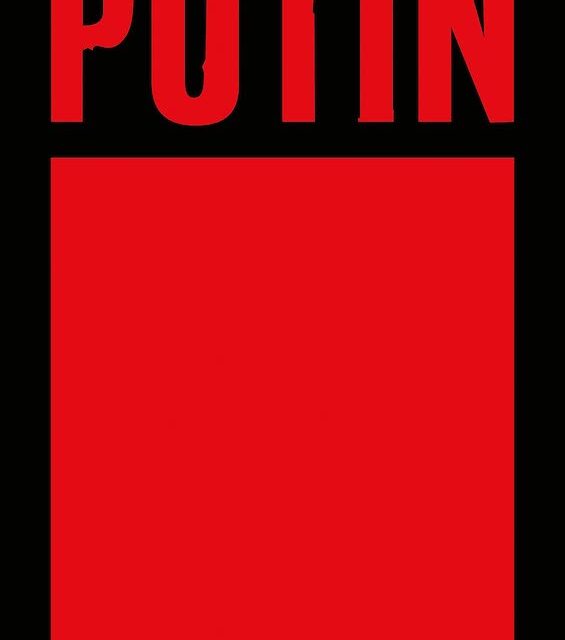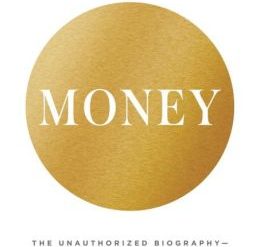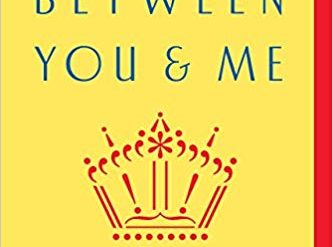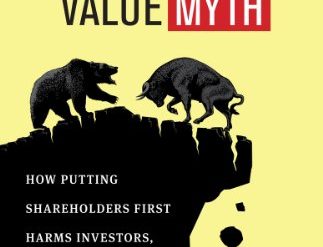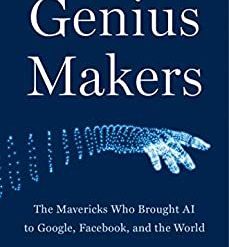
What do we learn about Vladimir Putin from the news media in the West? He’s a kleptocrat, with a fortune variously estimated at $40 billion or $100 billion. A thug, with a brutal history as a KGB officer. He came to power in 2000 on the strength of a series of FSB operations that cost the lives of hundreds of Russian citizens. And in invading Ukraine in 2022, he has set out on a course to restore the expansive borders of the old Soviet Empire. Yet none of these things are true, as biographer Philip Short makes clear in his nuanced, in-depth account of the Russian President’s life. This newest biography of Vladimir Putin is nothing if not well balanced.
Estimated reading time: 6 minutes
A cloudy picture
As Short explains, “Normally a biographer’s task is to expound the ‘why’ and ‘how” of his subject’s life: the underlying facts are rarely in dispute. With Putin, that is often not the case. . . [W]idely accepted assumptions turn out on closer scrutiny to be partial, misleading, or downright wrong.” And the biographer’s obsessive research into the hidden facts does a great service in making this clear again and again in the course of his story.
Putin by Philip Short (2022) 864 pages ★★★★★
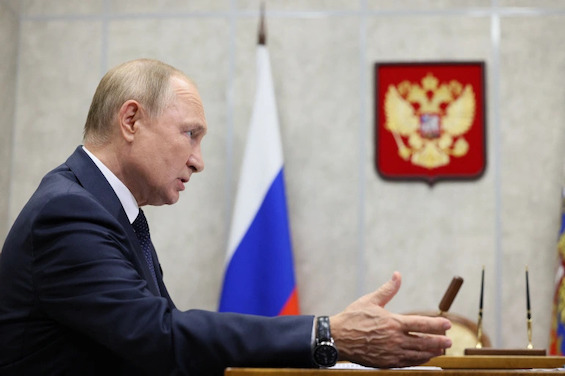
The consummate politician who rules Russia today
Make no mistake. Short is no fan of Vladimir Putin. In the course of nearly 900 pages, he details the sometimes shocking and often deplorable steps the man has taken to secure and increase his power. However, at the same time, he leads us to understand that the man now presiding over the world’s largest expanse of territory is brilliant as well as unscrupulous. He leads a nation of 146 million people, deftly balancing the contrary forces that surround him. The siloviki, the past and present members of the security services who dominate his government. A gaggle of billionaire oligarchs. The organized criminal gangs of the Russian Mafia. And the occasional bothersome dissidents.
Meanwhile, despite the draft and recent reverses in Ukraine, Putin remains highly popular with the Russian public. Perhaps in part because there seems to be no one else who could possibly hold the country together. As Short describes it, “It was a world in which all the barriers were fluid, where yesterday’s criminal was tomorrow’s business magnate and a politician today was a criminal tomorrow.” Image trying to preside over all this!
The central role of the West in Putin’s evolution
For anyone who has followed developments in Russia since the turn of the century, it’s abundantly clear that Vladimir Putin was not always a bitter foe of the West. In fact, during his first term in office as president (2000-2004) he actively sought to partner with his western neighbors and the United States. But, as Short sees it, Western actions steadily drove him into opposition and, later, enmity.
The seminal event at the root of the problem was the expansion of NATO. As Short observes, “many of the old Russian hands [in the United States]—George Kennan, Richard Pipes, Jack Matlock and Strobe Talbott—. . . warned that any short-term gains from admitting the Eastern and Central Europeans to NATO would be outweighed by the long-term damage it would do to the relationship with Russia. The same message was conveyed to the [Clinton] White House by the CIA.” A few years later, the Bush Administration’s ill-considered and ultimately tragic invasion of Iraq worsened the problem.
There were consequences. “The term, ‘payback,’ can be applied to much of what Putin did during his third term [2012-18]. Russia’s annexation of Crimea was payback for Kosovo, ‘the place where it all started.’ . . . Russia’s intervention in Syria was payback for Libya and Iraq. . . [And] Russia’s interference in the US election was payback for America’s efforts to spread—or ‘impose,’ as Putin preferred to say—its own, supposedly universal, system of values to other nations.” In other words, in a sense—from Putin’s perspective—we asked for all this.
Putin’s three guiding foreign policy principles
When he first came to power, “Putin’s interest in a better relationship with America was genuine and not just presentational,” Short asserts. But In March 2000, he made his position unmistakably clear in an interview with the BBC’s David Frost, which he used “to convey a message.
- “First, that, under his leadership, Russia would insist on equal treatment.
- “Second, that it expected ‘full-fledged participation in decision-making, or, as Tony Blair would say later, to have a seat at the top table.
- “Third, that the legacy of the Cold War would not go away on its own: real efforts would be needed on both sides if it were to be surmounted.”
For the next twenty years or more, these would be the key principles driving Russian policy towards the West and, above all, toward the former ‘main adversary,’ the United States.” And now we see where those principles—consistently disregarded by the West—have gotten us.
Is Russia totalitarian?
“Putin’s Russia had become more authoritarian, less pluralistic, than Yeltsin’s,” Short insists. “But there was no comparison with Soviet practice in the 1970s and early 80s, let alone to a genuinely totalitarian state like China, where the media must follow to the letter the guidelines of the Central Committee’s Propaganda Department about what must as well as what cannot be said.” Yet after just “12 years in power, Putin had come to see himself as the incarnation of the state . . . not a president but a priest-king.” And, given the deteriorating situation in Ukraine as I write, there’s no telling where this self-regarding mindset might take Russia—and the world—in the years ahead.
About the author
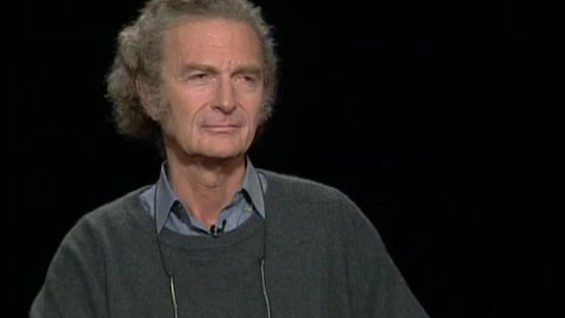
Philip Short was born in Bristol, England, in 1945 and studied at Queen’s College, Cambridge. After six years as a freelance foreign correspondent, he joined the BBC, where he worked for 25 years. He is the author of six nonfiction books, including biographies of Mao Zedong, Pol Pot, and Francois Mitterand. His biography of Vladimir Putin extends the streak. Can we expect him to take on an American President next?
For more reading
Check out Good books about Vladimir Putin, modern Russia and the Russian oligarchy, especially The Man Without a Face: The Unlikely Rise of Vladimir Putin by Masha Gessen (Vladimir Putin, the KGB, and the restoration of Soviet Russia). Gessen offers a much more critical assessment of the Russian President than Philip Short.
For perspective on the (now-current) Russian war against Ukraine, see “What If We’re Already Fighting the Third World War with Russia?” by Susan B. Glasser (New Yorker, September 29, 2022).
You might also care to see:
- Great biographies I’ve reviewed: my 10 favorites
- 20 top nonfiction books about history
- Top 10 nonfiction books about politics
And you can always find my most popular reviews, and the most recent ones, plus a guide to this whole site, on the Home Page.

